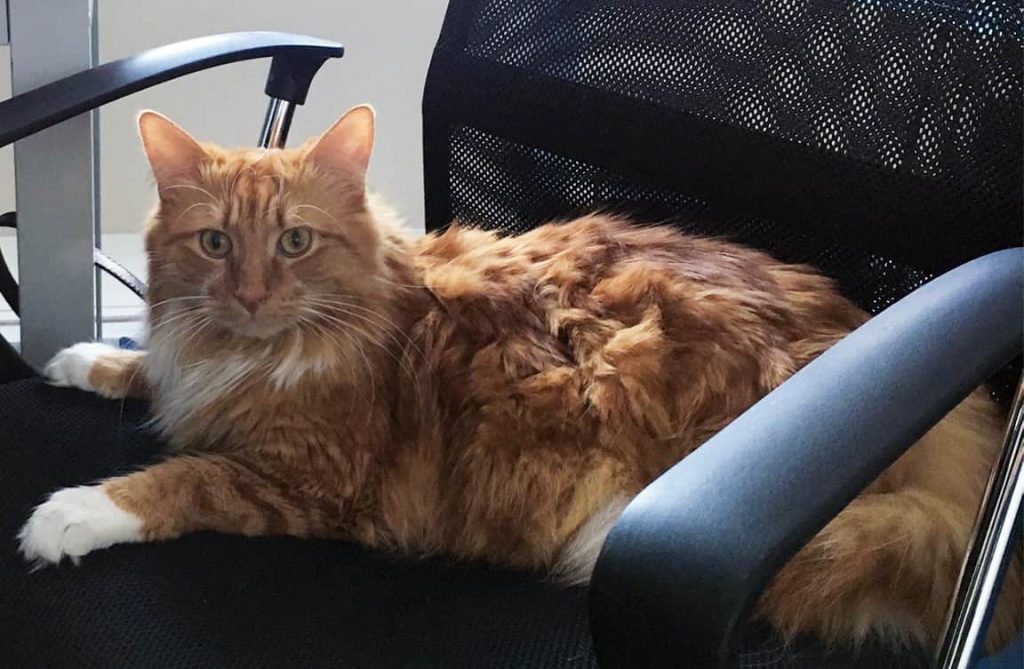
According to the World Health Organisation, 5 out of 10 of the leading causes of disability worldwide are mental health problems. With a quarter of the UK population suffering with some kind of mental health issue in their lifetime, there is likely someone in your workplace or office struggling with their mental health.
But that’s not the bosses fault, right? It is true that bad mental health is often caused by psychological factors such as stress, addiction, bereavement or childhood trauma, but MIND confirms that lifestyle choices such as work can have a big impact on your mental health.
Particularly for young people entering the workplace, the pressures of a new job can seem daunting (check out our mental health survival guide to post-grad life for more advice on the topic). I myself fall under this category of newly graduated stressed out millennial, recently joining the e-Surgery team. We’ve all seen pictures of the sleek, colourful offices at google, or the fun, free ice-cream offices of Ben and Jerry’s (having a slide seems to be a recurring theme). But when it comes to REAL offices, because we can’t all work at google, what are some initiatives an average UK business can put in place to increase employee well-being, happiness and productivity?
Based on my time so far at e-Surgery, I have compiled a few things I think we are doing well from the point of an intern. Perhaps these could be useful for other businesses as well?
Flexible Work Hours
A poll comparing the productivity of 1,500 workers who were allowed to set their own hours compared to 500 who were not revealed that the flexible workers were more efficient, and less likely to leave. For me having the routine of a 9-5 gives me a sense of structure that I never had in retail or customer service (the standard vocations of the poor student), so it isn’t always a bad thing. But the option of working from home, or adjusting hours around other commitments like family, children, or appointments allows employees to strike a work life balance, which is of course essential for good overall mental health.

An Actual Lunch Break
You know the saying that ‘breakfast is the most important meal of the day’? well if that’s true then lunch is the forgotten middle child of meal times, overshadowed by it’s over achieving morning sibling. According to the government, every four hours of continuous work requires a 30-minute break. I find our lunch breaks here at e-Surgery an essential part of what keeps me energised and motivated, and on those days when things feel a little difficult or stressful it’s a great way to re-charge. A 2011 study shows that even brief distractions from the task you are doing improves focus, so putting on an episode of something silly and enjoying my sandwich isn’t a bad way to spend half an hour (take THAT Google, who needs a slide when you can watch Netflix in the office!)
Strong Social Element
There is nothing worse than feeling alone or separate from those who you work with. Particularly when starting a new job, it’s hard to not initially feel out of place. According to Daniel Pink, author of ‘Drive’, ‘Employees need to feel connected to a larger company goal or purpose’, and are far more likely to feel motivated by this feeling of comradery than money. This can be achieved by keeping all of your employees (no matter their authority or pay bracket) informed of company policy, important changes and staying well connected to everyone. Speaking from personal experience I can safely say a welcoming and open work environment makes all the difference when starting a new role or job. This is helped by sharing the same office, mostly a space saving measure but useful nonetheless! This can apply to outside of the office as well, work events really help break the ice.

Relaxed Dress Code
Just got a pair of the cosiest, fluffiest socks ever? Bring ‘em to work!
Not having a formal office dress code is becoming more and more common, particularly amongst new businesses as it apparently attracts younger people. What can I say we love a good pair of comfy trousers! It also takes away the pressure of looking ‘right’, and shifts the focus towards your work ethic and personality rather than the suit you’re wearing. It also allows employees to feel comfortable both physically and mentally, leading to better productivity and focus.
Cats!
Need I go on?
Office cats should be required by law and no one can disagree. Obviously I’m kidding (about it being required by law, not about having office cats). Other pet friendly workplaces include Google, Ben and Jerry’s and Amazon to name a few, with it becoming increasingly common for employees to be able to bring their beloved pets into the office. According to some studies, stroking and cuddling a cat can release a chemical in the brain called Oxytocin (nicknamed the cuddle-hormone) that reduces stress, depression and anxiety. So if you’re a business owner and you want to improve your employee’s overall happiness and mental health, get a cat! Or a dog, if you are that way inclined.

If you want some more information about how to manage your mental health at work, check out our ‘10 Days Of Good Mental Health In The Workplace’ on Instagram!
Further Reading
- 12 Ways to Make Your Office Better for Your Health | Health.com
- Flexible working | GOV UK
- Rest breaks at work | GOV UK







